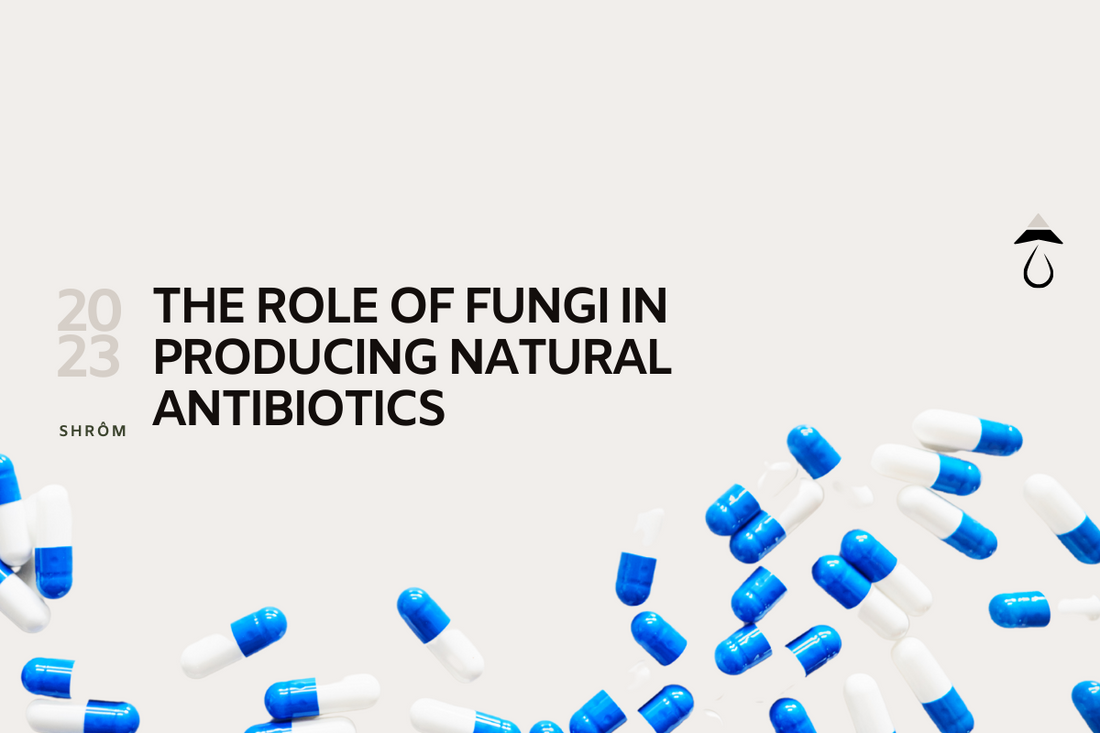Traditional antibiotic treatments are becoming less effective against an increasing array of bacterial diseases, raising global concerns about antibiotic resistance. Fungi, on the other hand, may possibly provide a solution to this dilemma. Fungi's biology has enabled them to develop a varied spectrum of natural antibiotics with the potential to enhance human health.
Fungi can produce a wide range of secondary metabolites, including natural antibiotics, which can be exploited to compete for resources in their habitats. These natural antibiotics offer a wide variety of antibacterial, antiviral, and antifungal actions, making them a significant resource in the fight against infectious diseases.
Penicillin, one of the most well-known fungal antibiotics, was discovered in the mold Penicillium. Penicillin revolutionized the treatment of bacterial infections and is still widely used today. Other fungal antibiotics, such as nystatin and griseofulvin, have been identified and are being used to treat diverse infections in addition to penicillin.
In recent years, there has been a surge in the application of new fungal antibiotics, as well as the development of large-scale production methods for these molecules. This research could lead to the discovery of new antibiotics that can overcome resistance, as well as the development of more effective and cost-efficient treatments for infectious diseases.
Fungi's biochemistry has enabled us to manufacture a number of natural antibiotics with the potential to improve human health. The discovery and development of these molecules is an important step toward addressing the growing problem of antibiotic resistance, and they may lead to novel and more effective treatments for infectious diseases.
